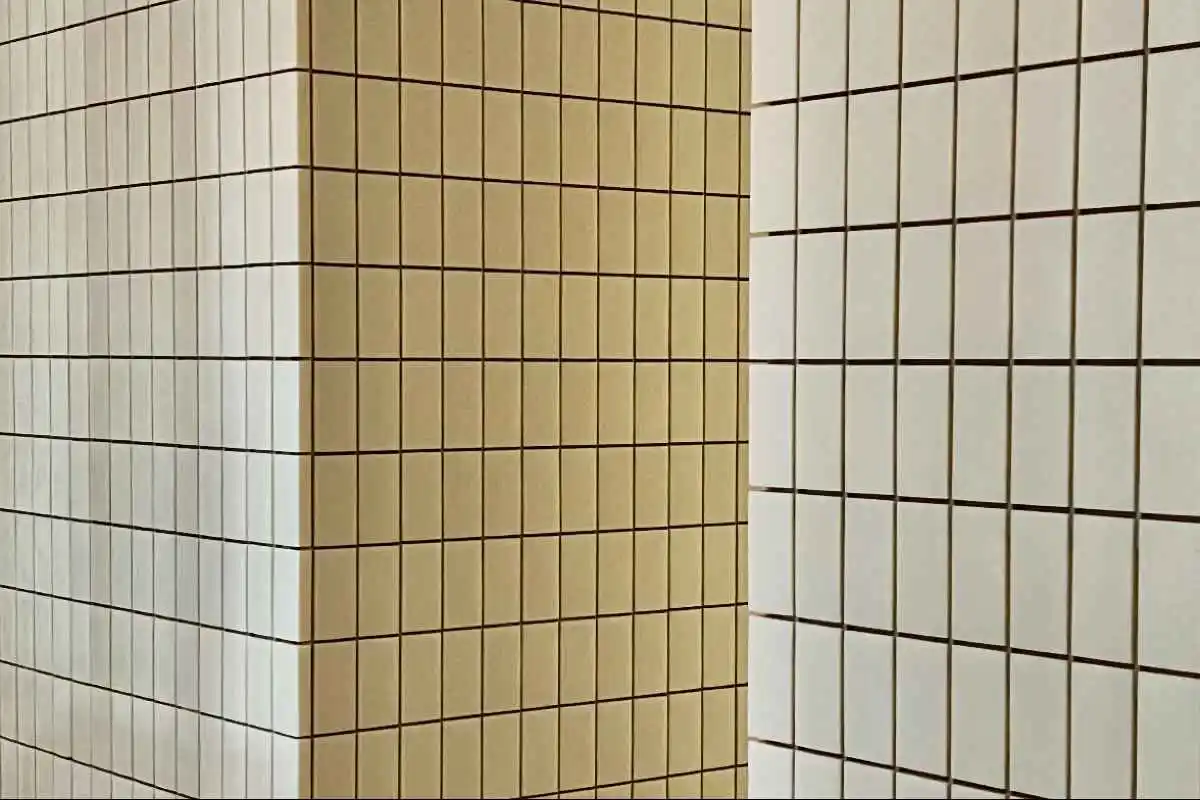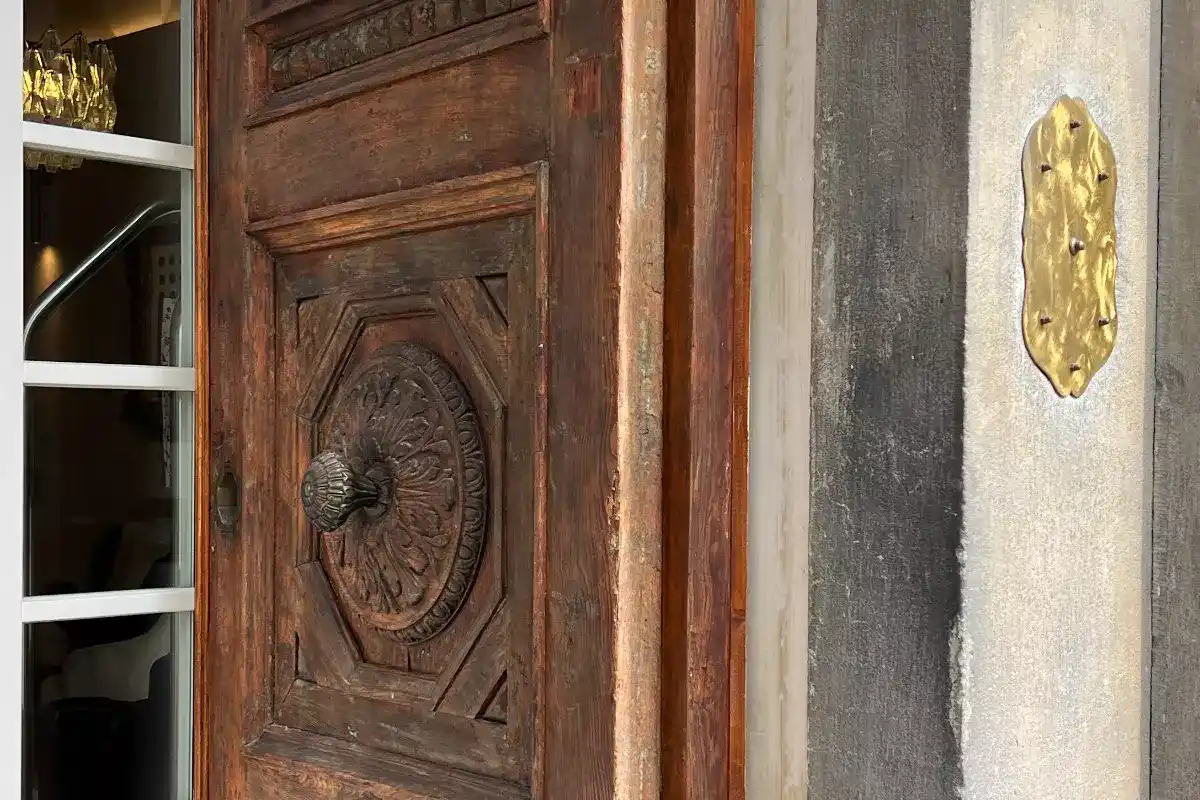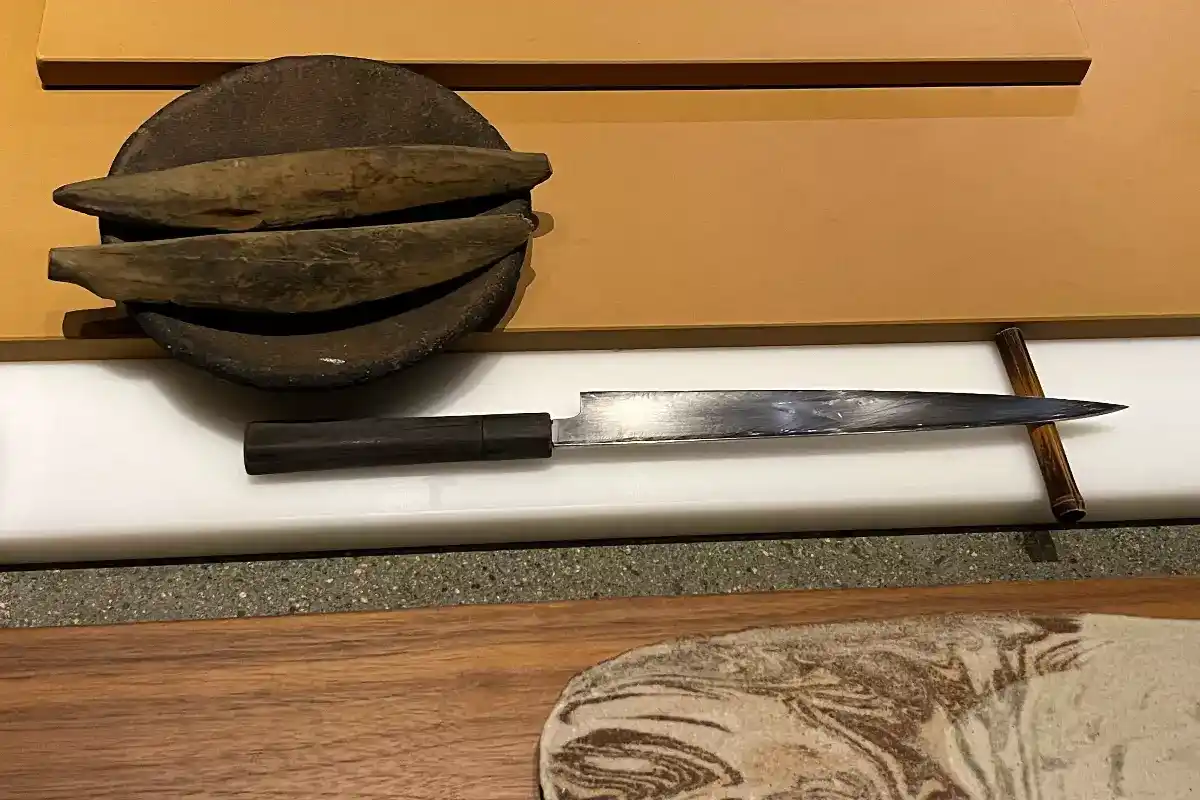A reinterpretation of structures, reminiscent of the Nabataean community which occupied the area over 2000 years ago. Guests learn to alleviate their footprint through Six Senses’ zero waste philosophy
Six Senses Hotels Resorts Spas is a collection of hotels that integrates local culture and prioritizes experience in off the beaten path destinations. Founded in 1995, Six Senses is recognized as a pioneer of practices that curtail sustainability, demonstrating that hideaways can live in harmony with communities and ecosystems. Today, the hospitality management company upholds its ethos operating in twenty-one countries around the world.
An inky sky scattered with stardust. This inspired the title, Shaharut, which translates to, the moment before dawn. Located in the south of the Negev Desert, surrounded by desert landscapes, the horizon is described as the ‘nexus of heaven and earth’. Set to open in early 2021, Six Senses Hotels Resorts Spas has tapped Manish Puri as the general manager. Puri joins Six Senses Shaharut following a stint as general manager of Six Senses Uluwatu, Bali. He began his Six Senses career as general manager of Evason Ma’In Hot Springs and Six Senses Spa before joining Six Senses Jordan. He served for five years with the multi-award winning Six Senses Yao Noi in Thailand, followed by Six Senses Qing Cheng Mountain, in China. Puri has spent over twenty-five years in the hospitality industry and has been a thirteen-year veteran with Six Senses. «Choosing the people who fit the brand, willing to connect. We select our staff taking in consideration their intelligence quotient and emotional quotient».
Six Senses Shaharut is a reinterpretation of structures, reminiscent of the Nabataean community which occupied the area over 2000 years ago. Their handiwork can be met in Petra, where architecture is carved into the sandstone cliffs. «Israel is stored with history; it is called the ‘holy land’. The land was part of the Incense Route which incorporated a network of land and sea trading routes linking Eastern and Southern sources of incense, spices and goods with the Mediterranean world» explains Puri. «Negev as a destination is deserted. It was the vision of the owner of Six Senses Hotels who wanted to develop the area and showcase its splendor». The owner was looking for partners who understood the place and could anticipate the individuals the hotel would attract. The vision coincided with Plesner Architects who designed the building. It took ten years in the making, on a site that spans eighteen hectares in the desert community of Shaharut. The studio buried the bulk of the buildings into the ground and built them harnessing limestone walls, ceramics and pergolas, flint excavated from the site, thatched roofs, outdoor walkways and swimming pools.
«Ten years ago, the owner wanted to build a structure that would complement the sunrise, sunset, desert landscape and red mountains. He wanted to work with designers and architects that were from the region. He elaborated what he had in mind to Daniela Plesner of Plesner Architects. Her vision was to create architecture that contributes to society, where brick and mortar buildings do not block nature, allowing the possibility to witness the landscape blending with the architecture without knowing where the landscape started and the building ended». Craftsmen selected from the region have contributed to the Six Senses hotel, including carpenters, welders and masons, and kibbutz folks – a community based on agriculture. The region of Neot Smadar supplied glass-reinforced concrete for the construction. The interior design is guided by the assets of the Incense Route, which stretches from Mediterranean ports across the Levant to India. White linens, plaster walls using the Moroccan technique Tadelakt, were put into place manifesting sliding glass doors to usher in views of the desert. The furnishings were purchased from artisans of native heritage to complement the rock formations, using stone, wood, and copper. The interior doors are custom made from reclaimed teak, which was rescued from disused boats, houses, and footbridges. Over two-hundred years old, each piece has its story to tell.
Six Senses Shaharut includes sixty suites and villas with views of the Arava Valley and ridges of the Edom Mountains. Each of the resort’s suites present guests with outdoor decks, and the villas feature living rooms and swimming pools. «We have three categories of rooms with views of the desert landscape where guests can see the sunrise or sunset, the beauty of nature at various times of the day». Wellness at Six Senses Hotels is not limited to massages. It integrates wellness to discuss mindfulness, anti-aging and beauty treatment coming from Asian and European philosophy, incorporating yoga programs. The introduction of machinery is met with hand massages. At the spa guests can experience ‘the alchemy bar’ where they will learn to make scrubs, essences or oils in a workshop, providing the guests with acquaintance.
Hiking, camel rides, jeep safaris, biking with e-bikes, craft workshops, bird watching and wine tours are an embodiment of the activities and excursions that Shaharut provides. Camel camping overnight is arranged, while dune walking with Bedouins include storytelling and desert lore. «We offer hiking programs with guides who will tell the history, the past, present and the future of the surrounding places, discussing the flora and fauna, taking guests to parts of the desert mountains». At Six Senses Shaharut they have camel stables. The area used to be a camel camp in the past. People from Israel would travel to stay in camps that provided guides and camels for a journey across the Negev Desert. There are twelve camels that have been taken under their wing. «Camel caring is about informing guests of the hygienic routine we maintain for the camels. They are here because they have been working with humans for years. Camel rides have been present for thousands of years. The experience shares the story of the land. Guests are taken on journeys from sunrise to sunset seated over the sand dunes or upon the mountain with breakfast provided for them by the hotel. In the evenings a glass of wine is accompanied. In the desert we offer stargazing at night where the obstruction of pollution allows for visibility».
The restaurant where breakfast is served, is closed for lunch but open for dinner. The breakfast is an inculcation of Israeli, Jewish, Mediterranean, Arabic, Middle-Eastern cuisines as Israel is a country of immigrants. «Six senses philosophy routines the farm to table concept, products come from sources arranged sustainably. In our first restaurant, we focus on the Israeli cuisine. Starting in Tel Aviv, with the night life, the culinary scene has broadened with the eruption of star-chefs. The Israeli cuisine is developing». The second restaurant goes back to the Bedouin cuisine, the nomads who used to eat under the sky. The restaurant is open for dinner and takes place under the stars with barbecues and an open fire. «Meat and vegetables marinated with rice are placed inside a hole with charcoal, covered with sand and left to roast, while bread cooks in an oven-wood fire». The third complex is not a restaurant, but a music and drinking bar. «We call it the music shrine. We have been able to source collections of vinyl records. We have seven thousand records coming from regional places, music from the deserts of Morocco and Iraq through the middle east».
The Water Bar has been developed to help the sustainability of the region. «Here we are connected to sources, the government tests the water, we further cleanse the water, using technology to make it pure. We buy water bottles for our still and sparkling water as we do not import water, reducing our carbon footprint and avoiding the use of plastic. At the Earth Lab, guests engage with children. We enlighten guests about composting practices, the lack of plastic usage and of programs to ensure no waste leaves the property, without upcycling, to provide food for the camels». Vegetables are grown at the hotel or come from the communities in the vicinity. «We do not want to destroy what they have because they bask in their privacy. We take advice from them, asking if we can partake in the economic activity, buying goods from them that are utilized in our cuisine».
Six Senses Shaharut, was set to open this year in April 2020. Due to the pandemic, it was forced to postpone its launch to the spring of 2021.
Six Senses Shaharut
Negev Desert
Arava Valley
Israel




















